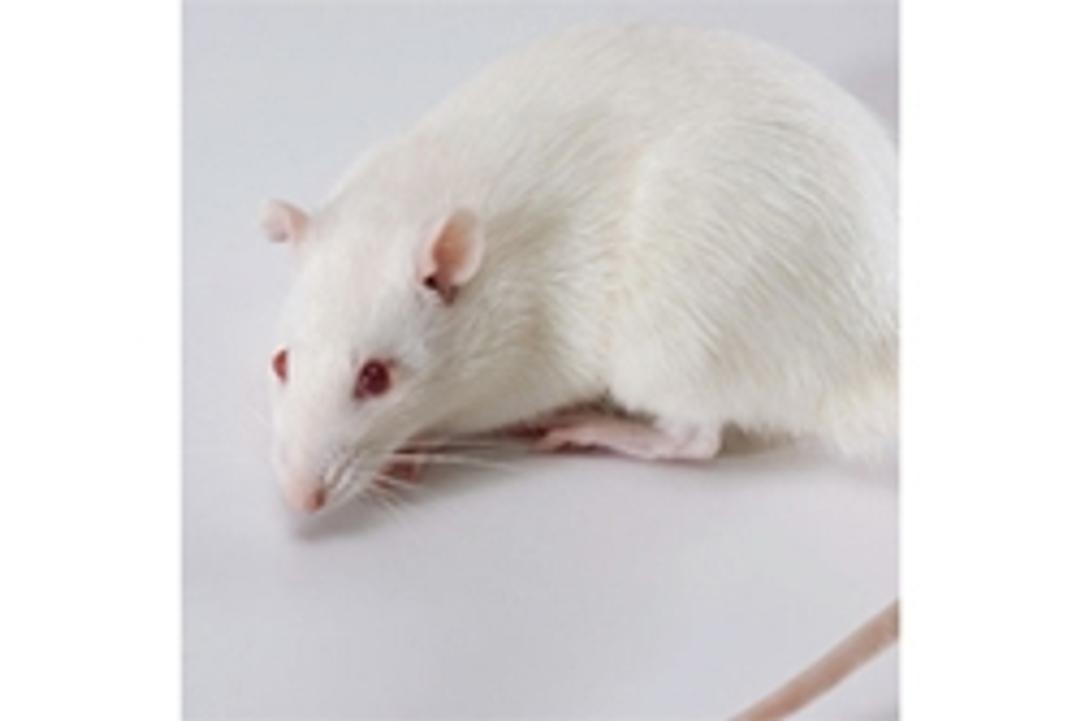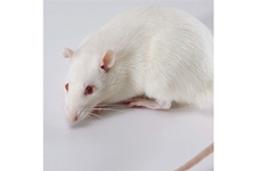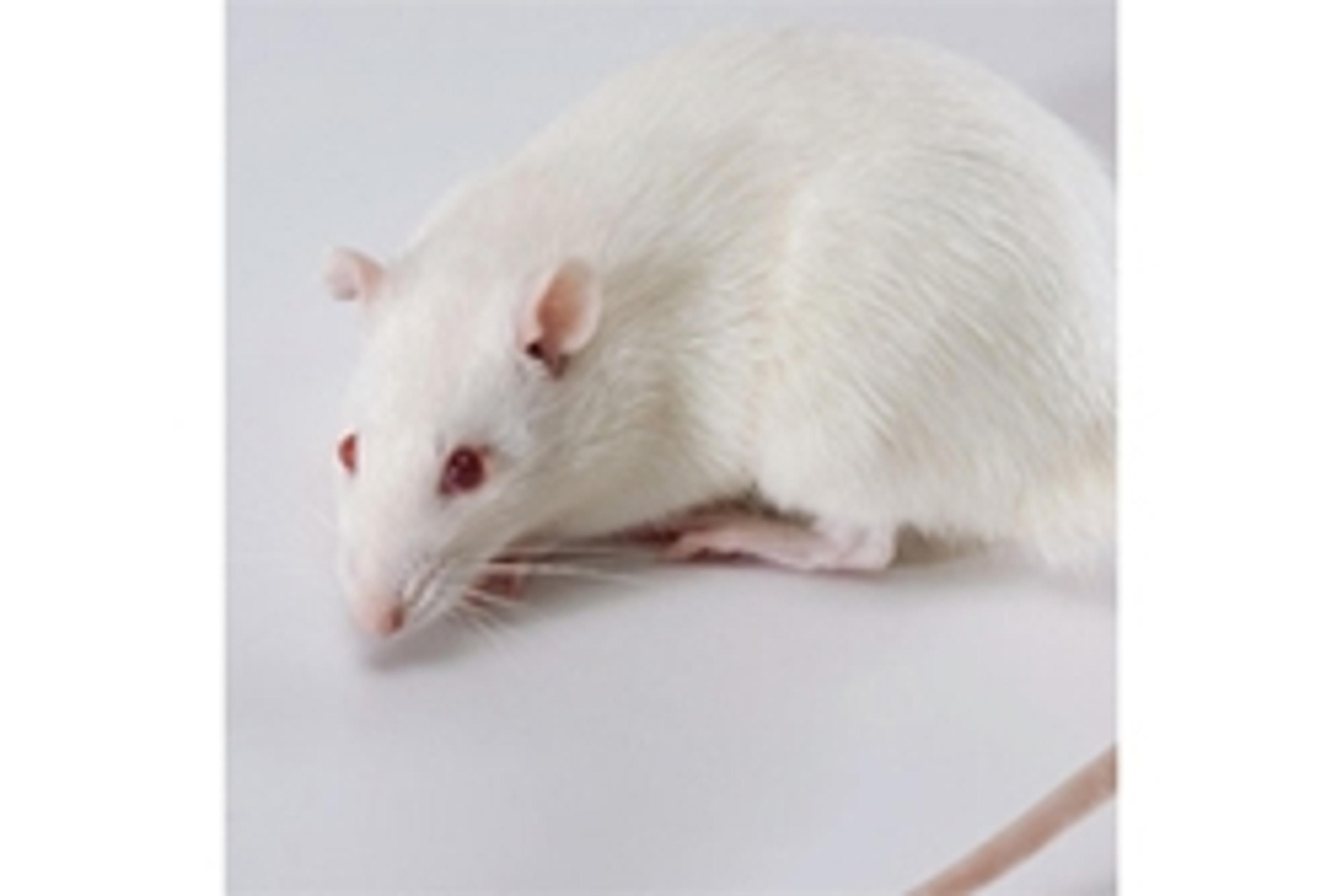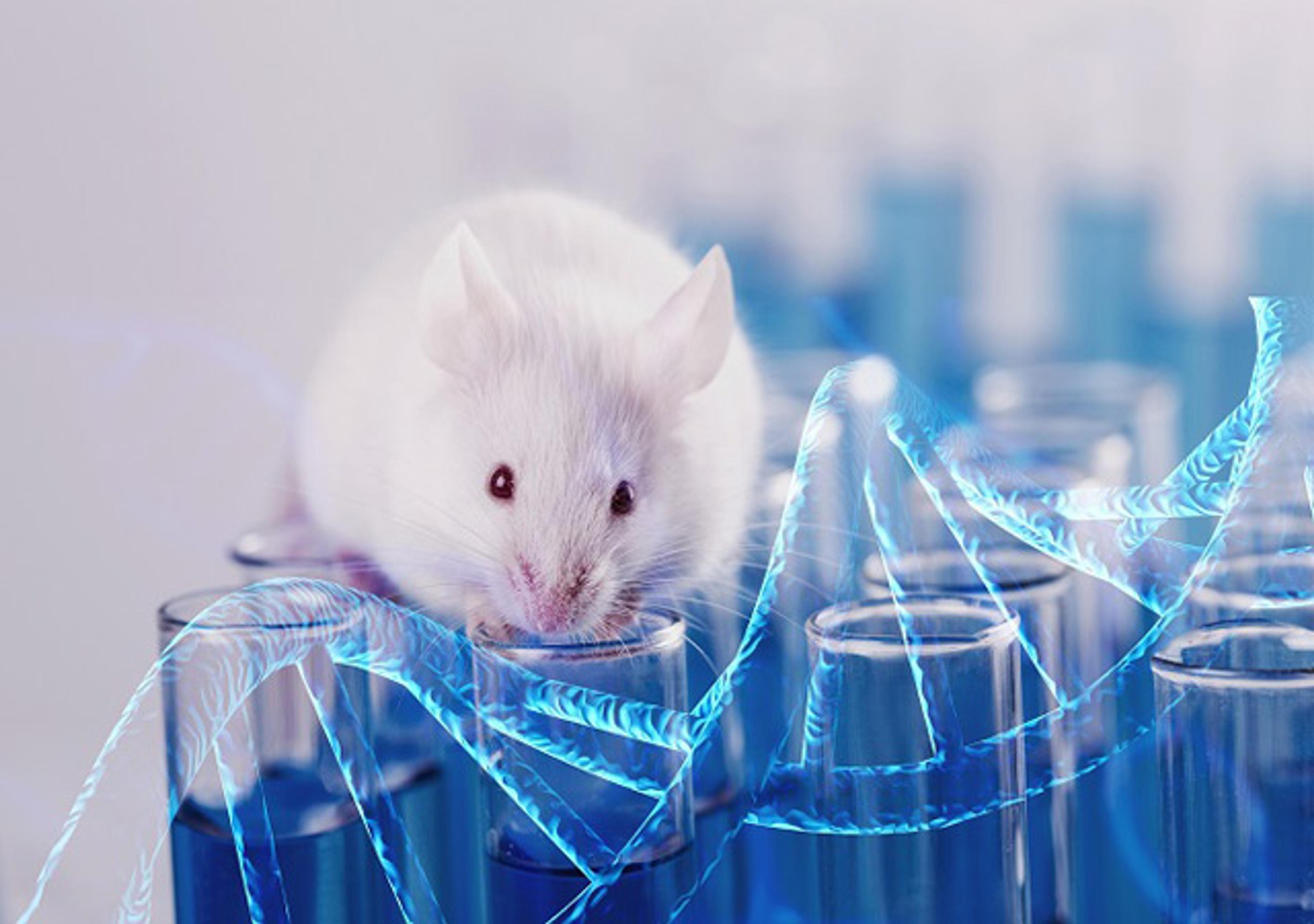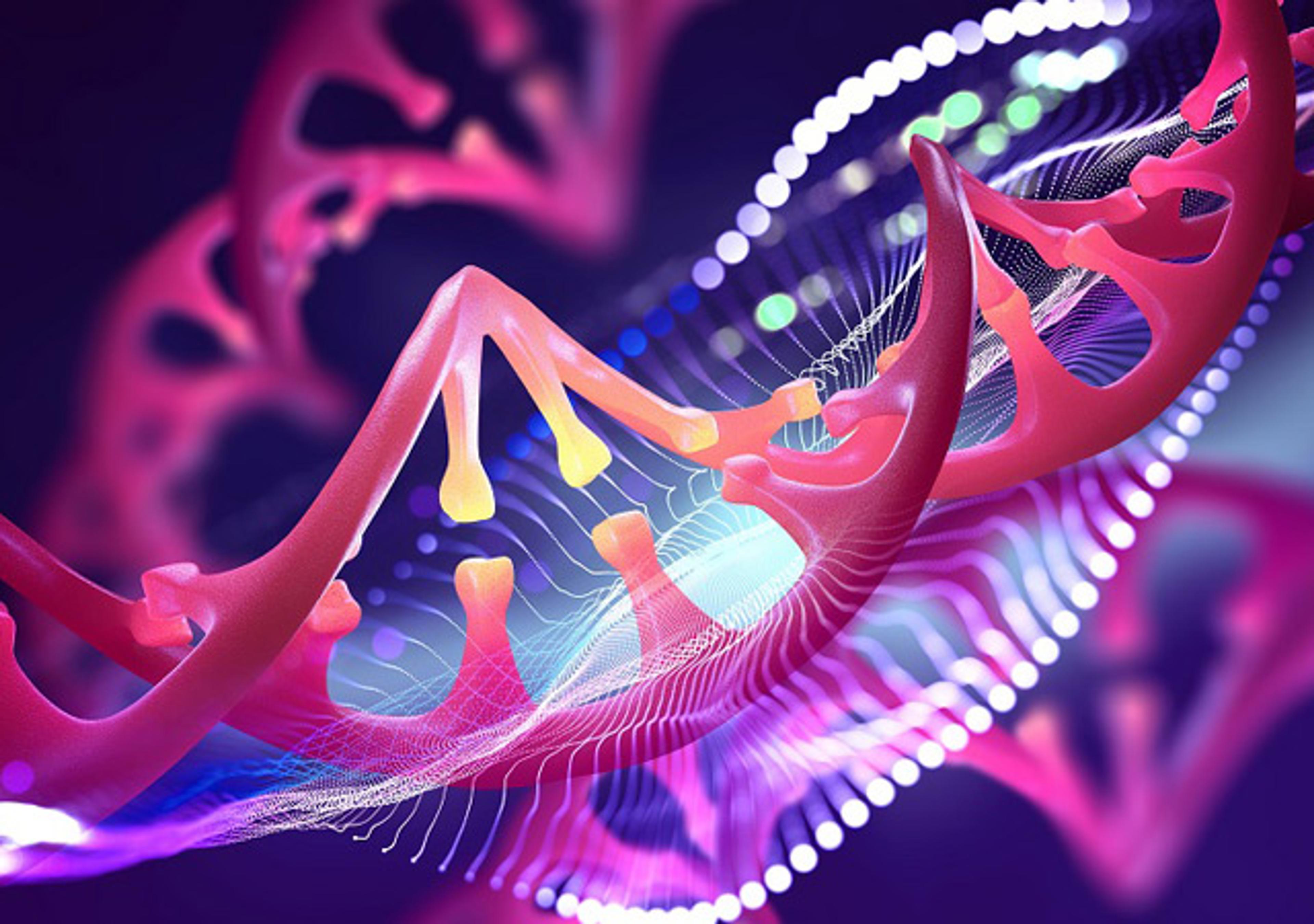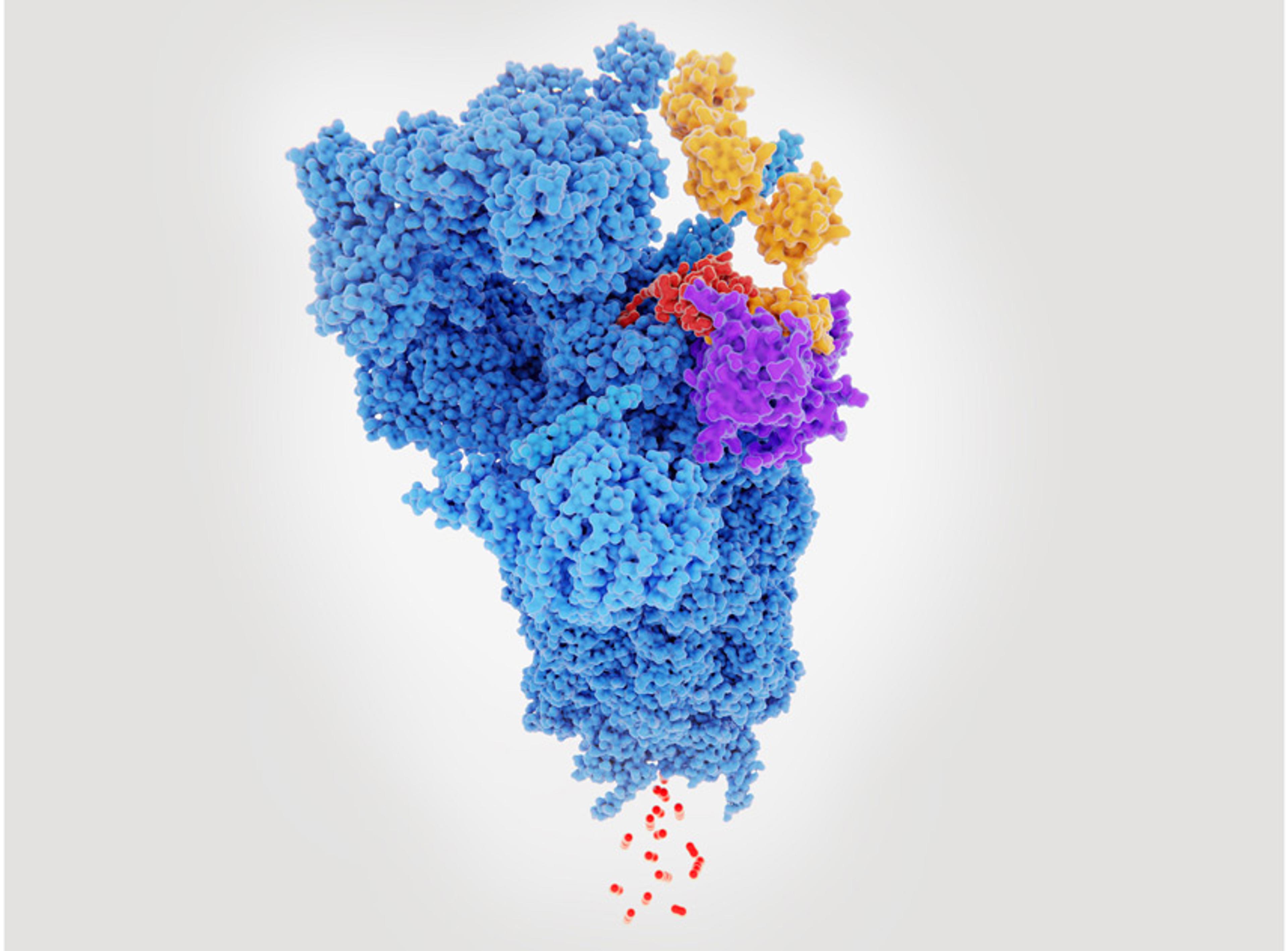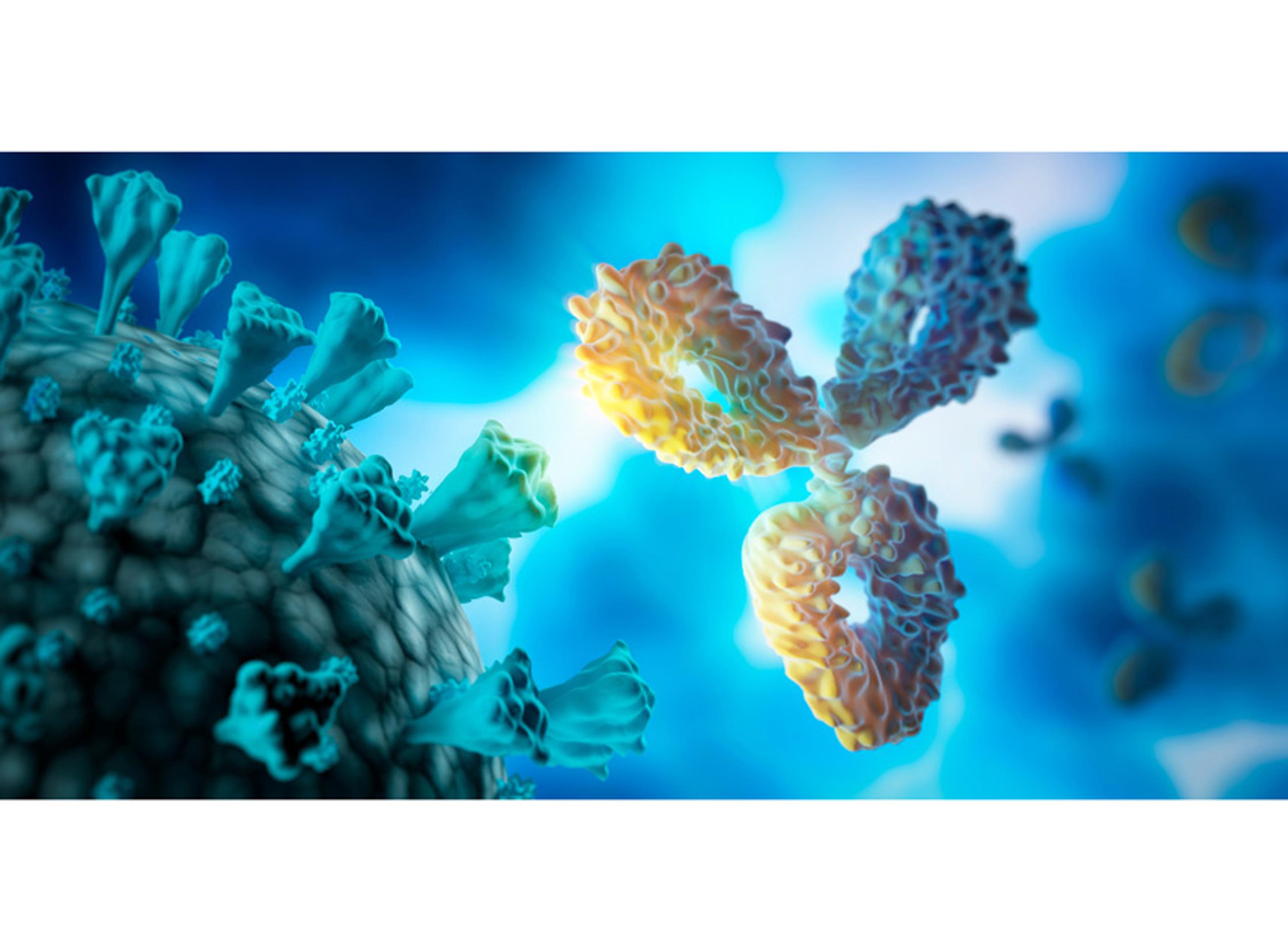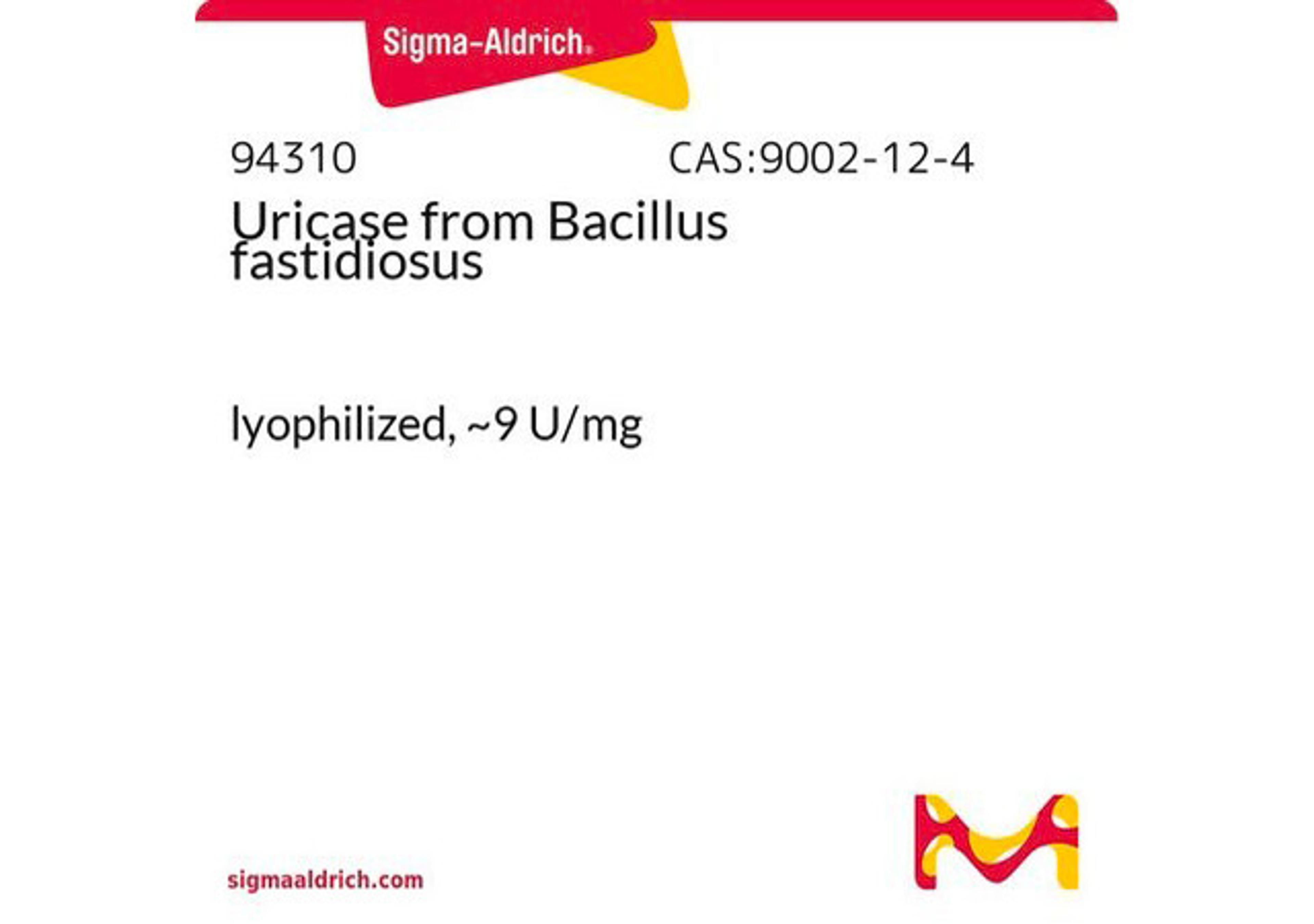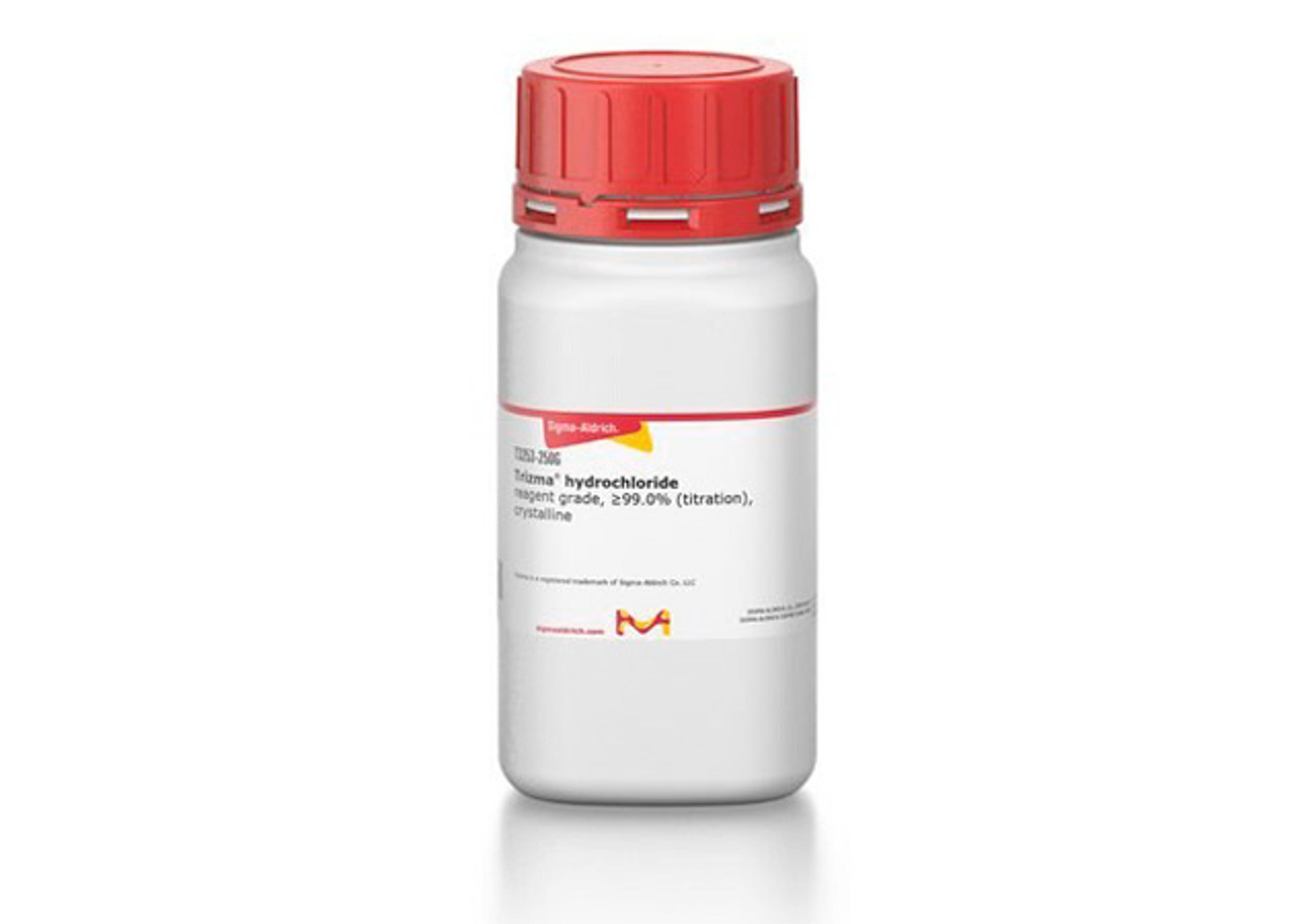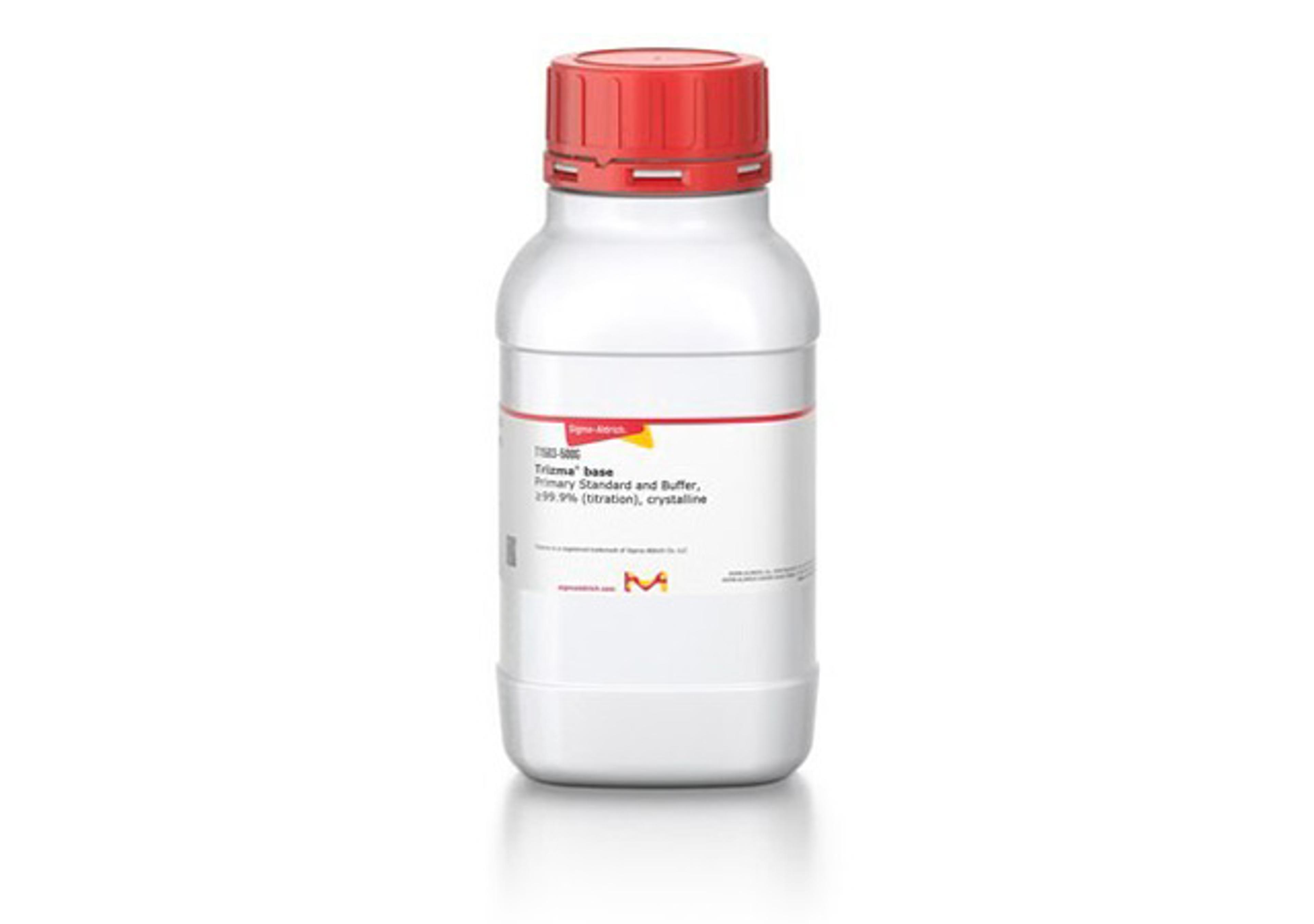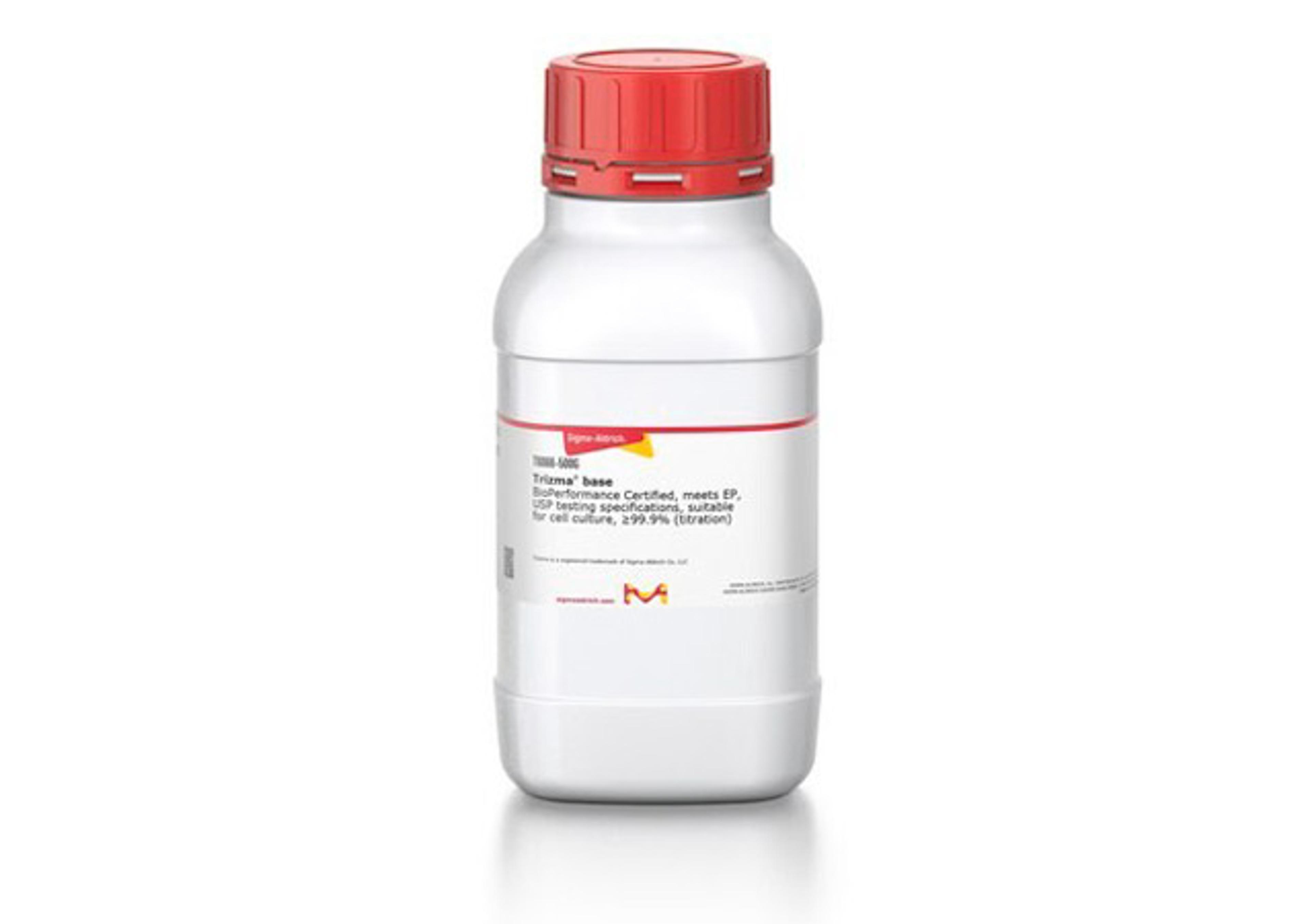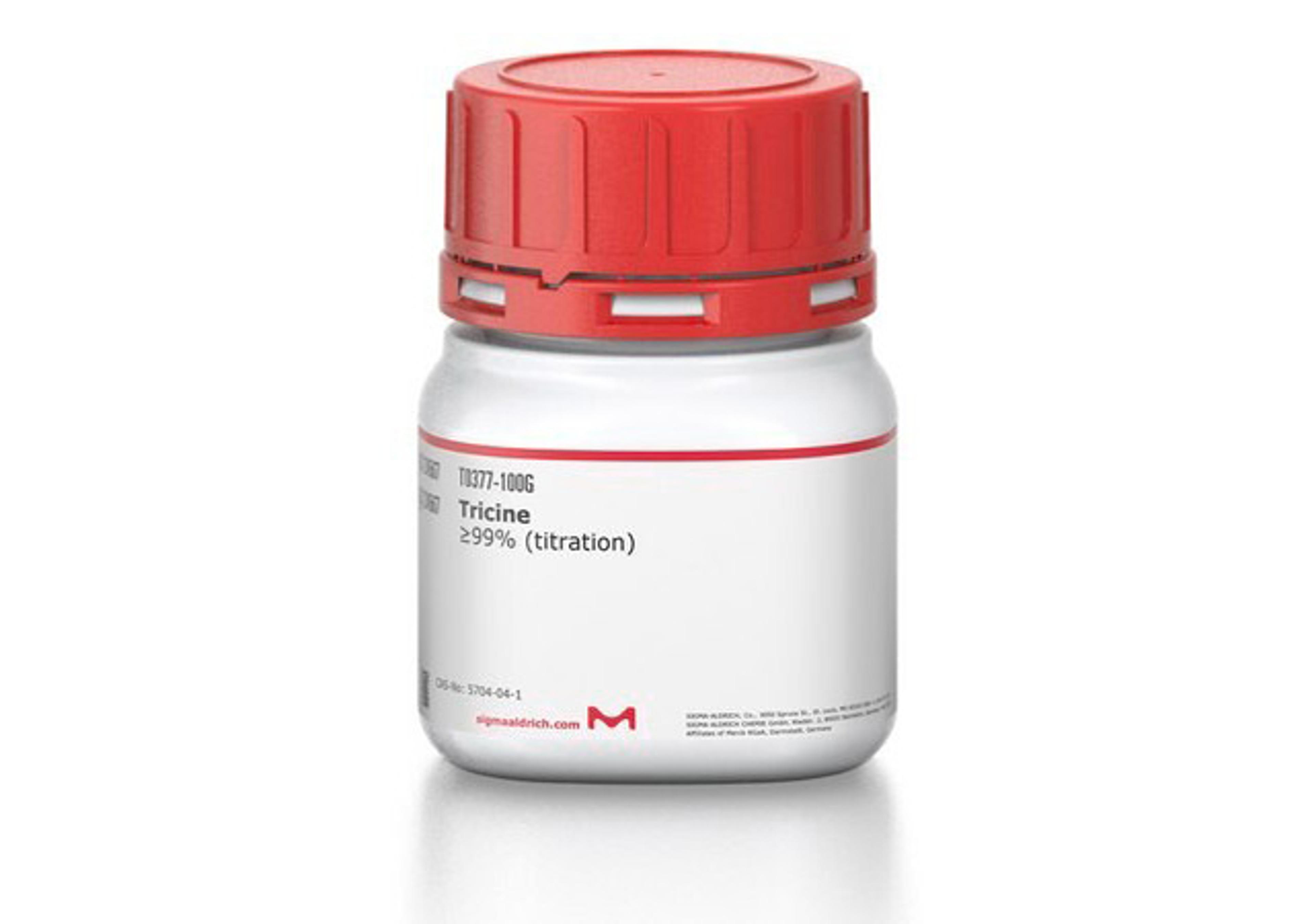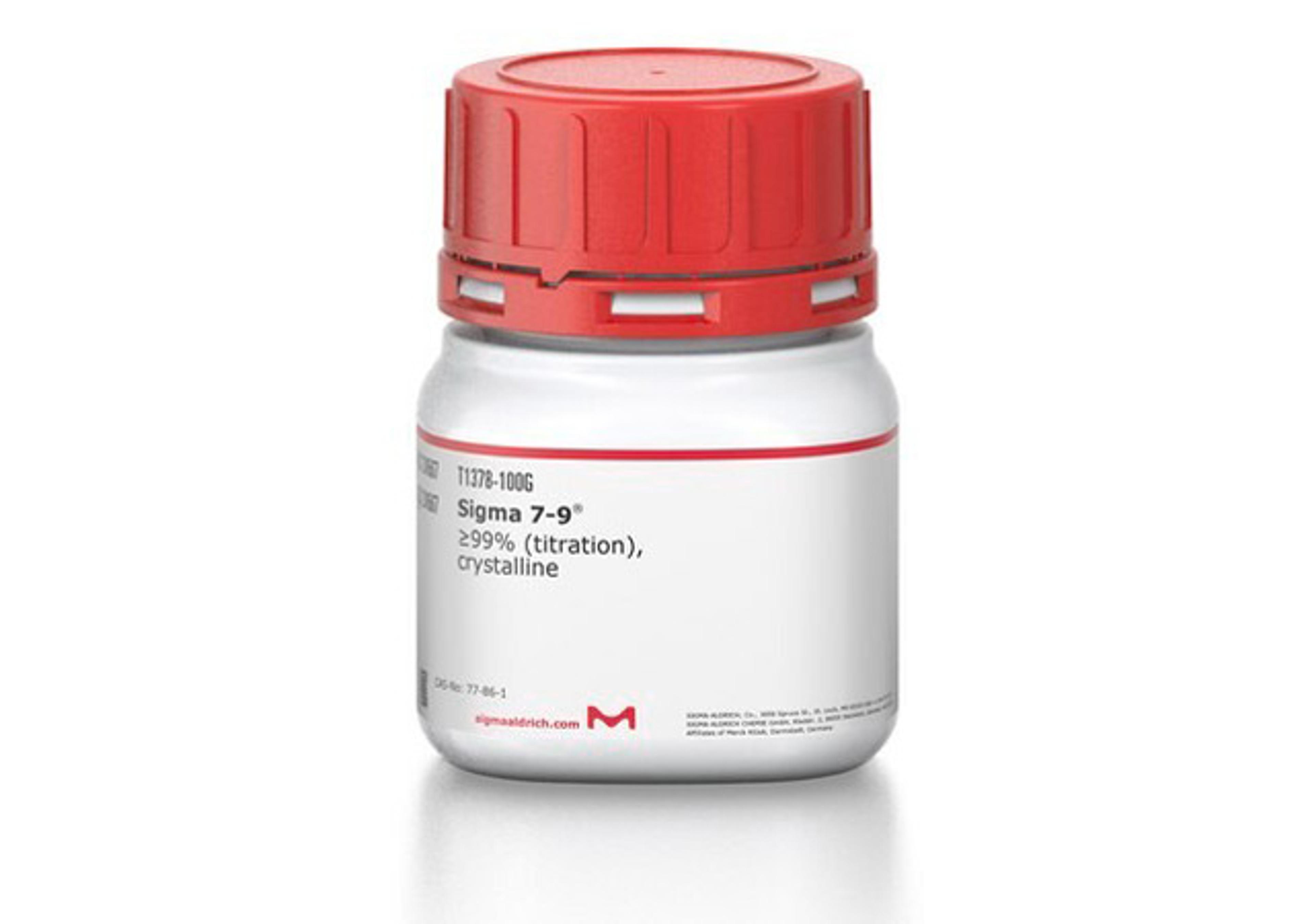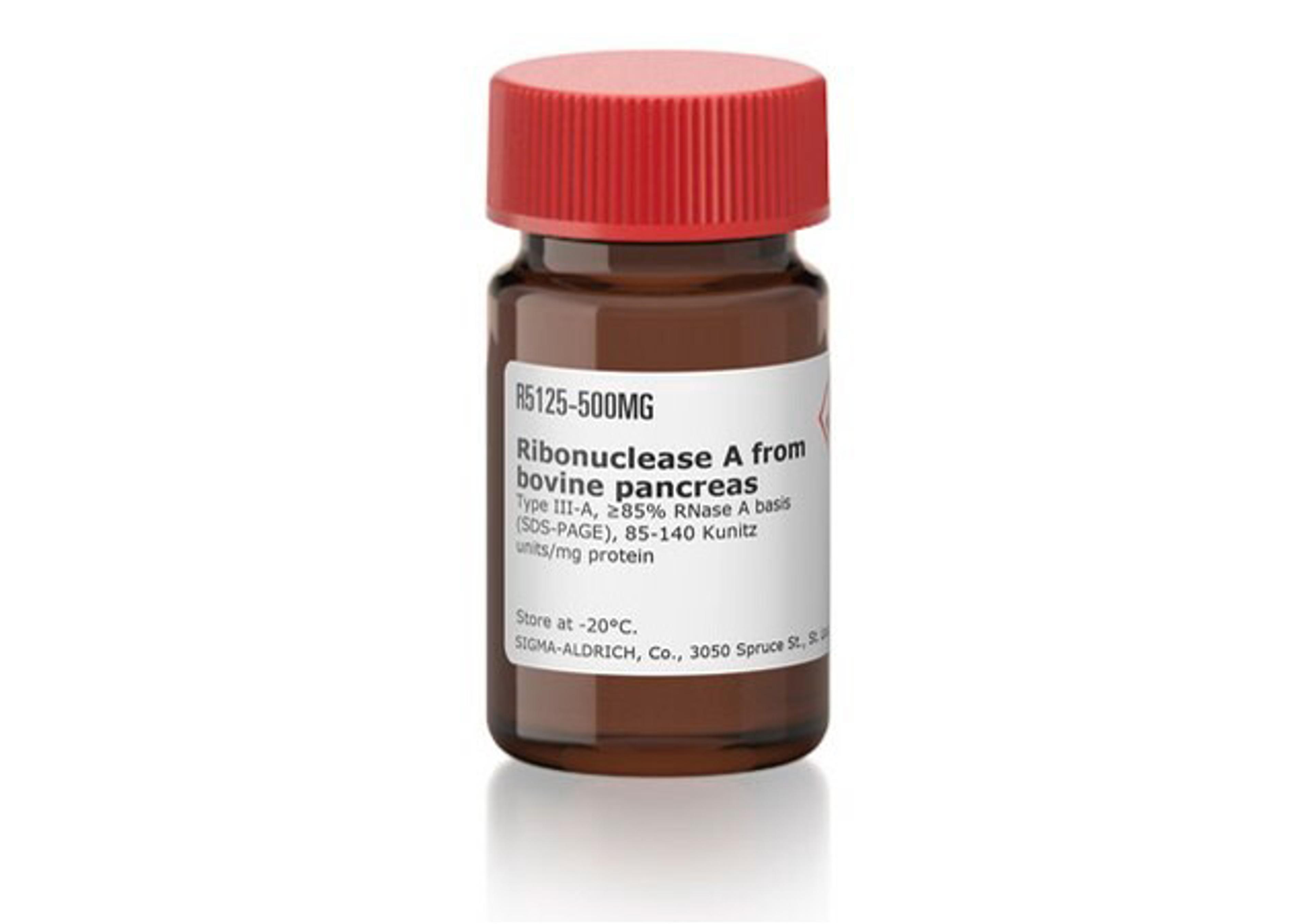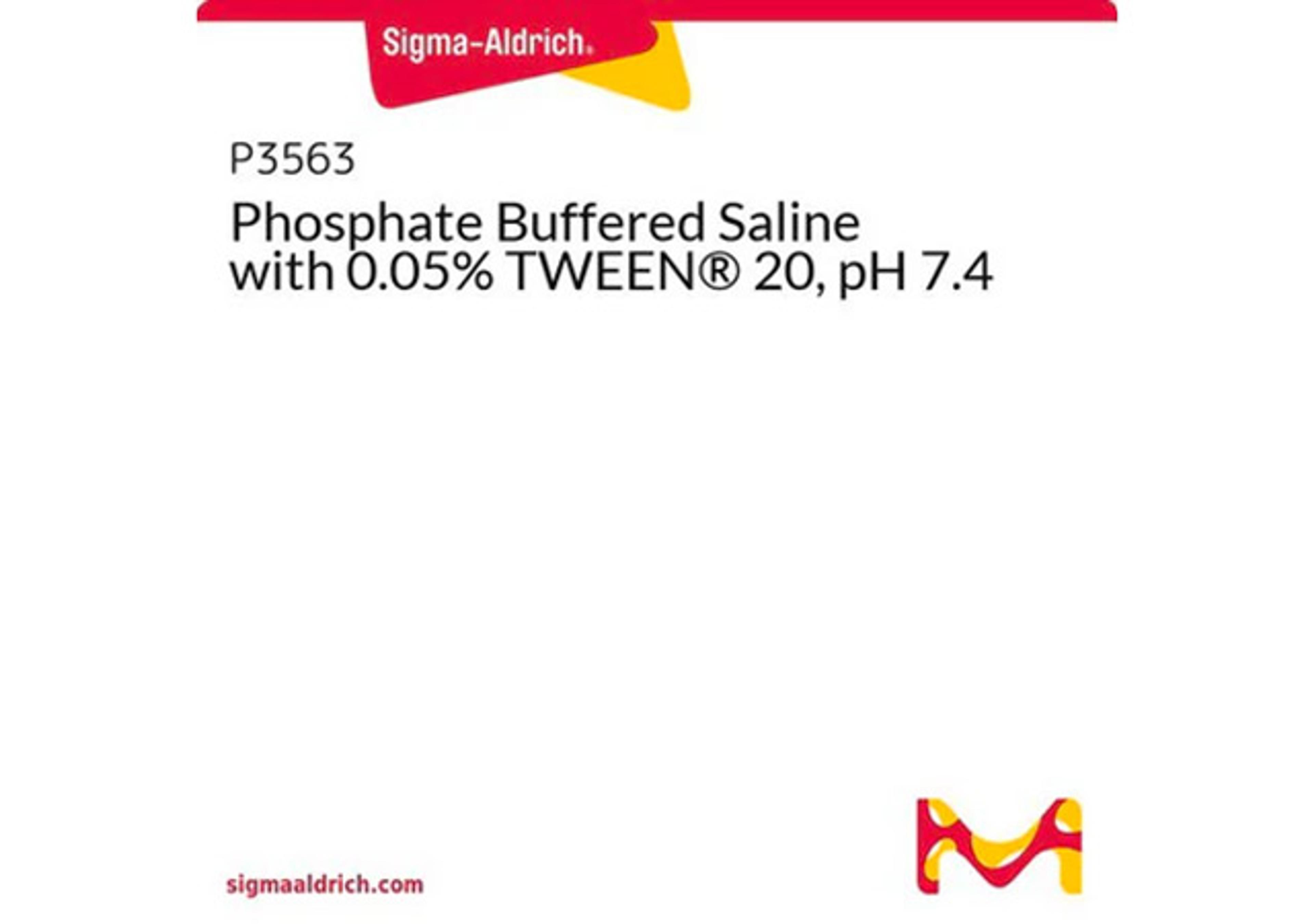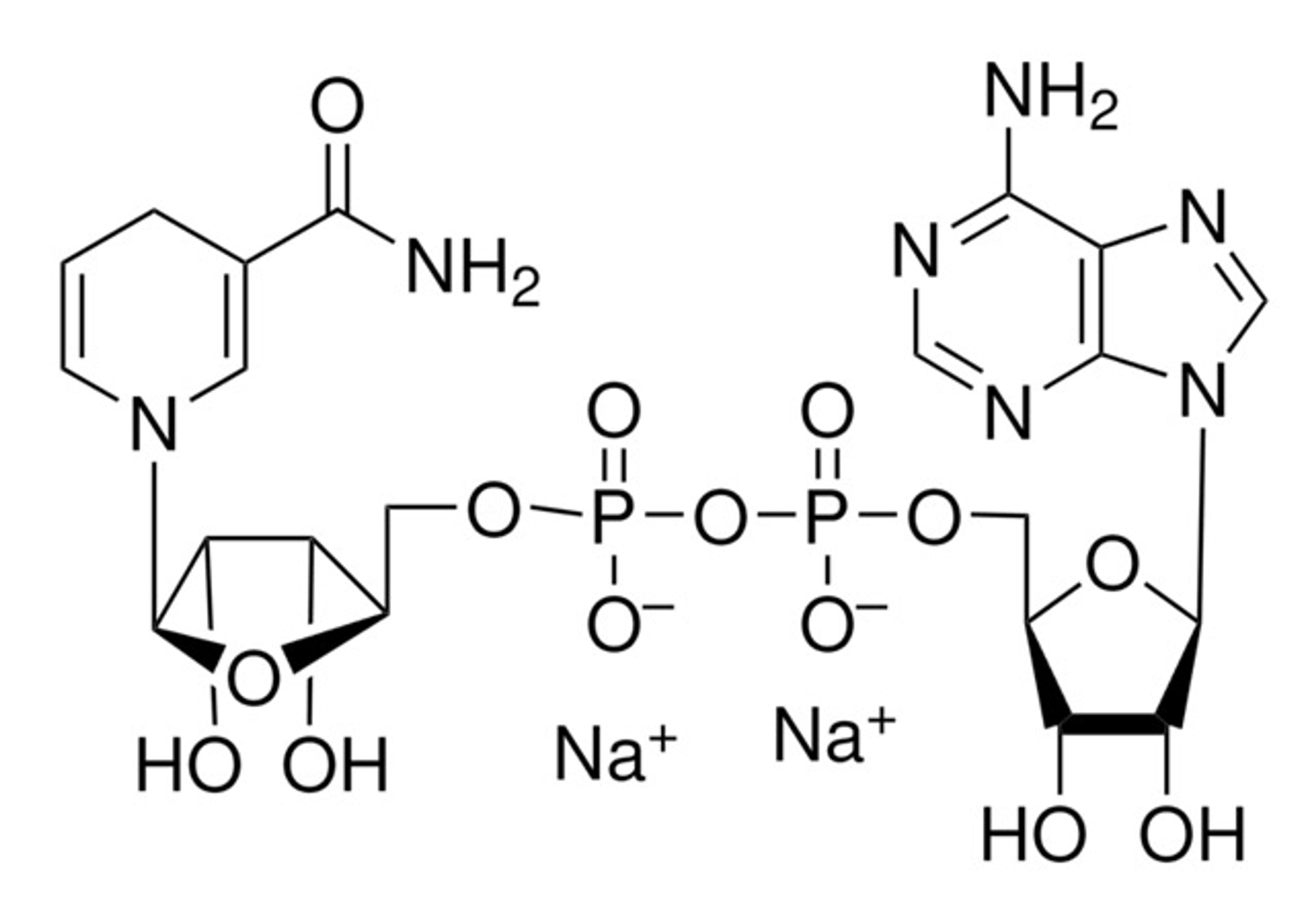Prkdc Knockout Rat
The Prkdc gene encodes the catalytic subunit of a nuclear DNA-dependent serine/threonine protein kinase (DNA-PK). DNA-PK is required for the non-homologous end joining (NHEJ) pathway of DNA repair, which rejoins double-strand breaks. It is also required for V(D)J recombination, a process that utilizes NHEJ to promote immune system diversity. Mature B and T cells are critical components for an adaptive immune system. DNA-PK kn…

The supplier does not provide quotations for this product through SelectScience. You can search for similar products in our Product Directory.
The Prkdc gene encodes the catalytic subunit of a nuclear DNA-dependent serine/threonine protein kinase (DNA-PK).
DNA-PK is required for the non-homologous end joining (NHEJ) pathway of DNA repair, which rejoins double-strand breaks. It is also required for V(D)J recombination, a process that utilizes NHEJ to promote immune system diversity.
Mature B and T cells are critical components for an adaptive immune system. DNA-PK knockout rats have severe combined immunodeficiency (SCID) and lack of both B and T cells, due to their V(D)J recombination defect.
Rats deficient in the Prkdc gene produce no mature B or T cells. This SCID rat is a useful model for cancer, xenografts, vaccine development, and autoimmune and infectious disease study.
Prkdc Knockout Rat Characteristics:
- DNA-PK knockout rats have severe combined immunodeficiency (SCID) and lack of both B and T cells
- Background Strain: Sprague-Dawley
Research Applications:
- Xenograft
- Cancer metastasis
- Tumor growth

